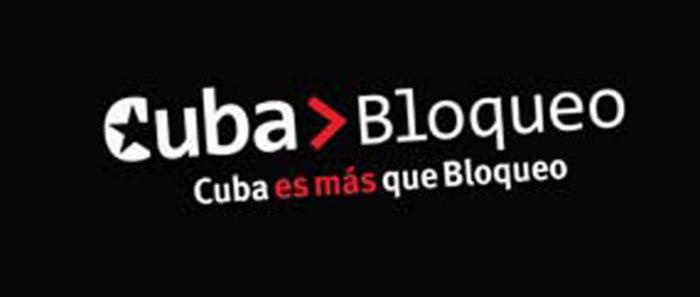
According to important U.S. survey providers, an increase in opposition from North Americans to the U.S. blockade of Cuba has been seen over recent months.
In addition to being the position held by the majority of Cuban-Americans resident in the country, opposition to the policy has been expressed across varied sectors of U.S. society, a stance which essentially counters the ultra-conservatives calling for the continuation of the punitive measure, according to Prensa Latina.
The aforementioned trend has been recorded by important entities, including pollster Bendicen, Public Policy Polling, Florida International University, Hearst Corporation, Pew Research Center and Associated Gik.
Surveys also showed that voters from various parties support the lifting of the blockade and unrestricted travel to Cuba for all U.S. citizens.
They also revealed that the majority of so-called Cuban Americans believe the over 50 year blockade should end.
On October 12, 2014, The New York Times published an article outlining the benefits of an end to the blockade and expanding cultural exchanges for both peoples.
On October 23, 2014, Reverend Jesse Jackson wrote an article in the Florida Center criticizing the blockade policy and highlighting Cuba’s efforts to combat Ebola in West Africa and the potential links that the U.S. could establish with the island in this field.
The U.S. Conference of Catholic Bishops; Archbishop of Miami, Thomas Werski; President of the National Council of Foreign Trade, Bill Reinsch; and President of the American Farm Bureau Federation, Bob Stailman, among others, have expressed their support for the reestablishment of diplomatic relations with Cuba.
On December 18, 2014 former Secretary of State Colin Powell declared that time has now arrived to turn the page in regards to relations between Cuba and the United States.











